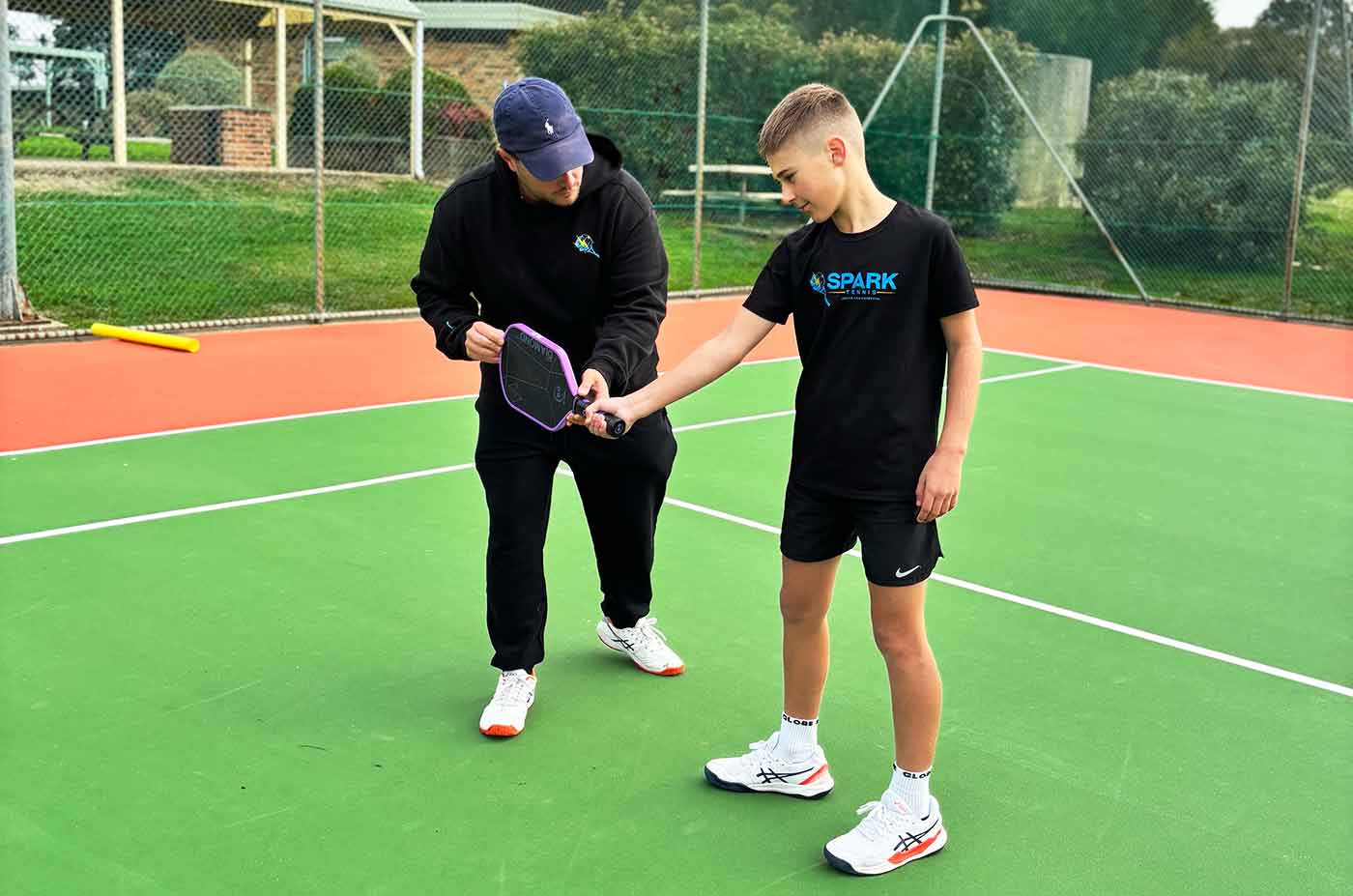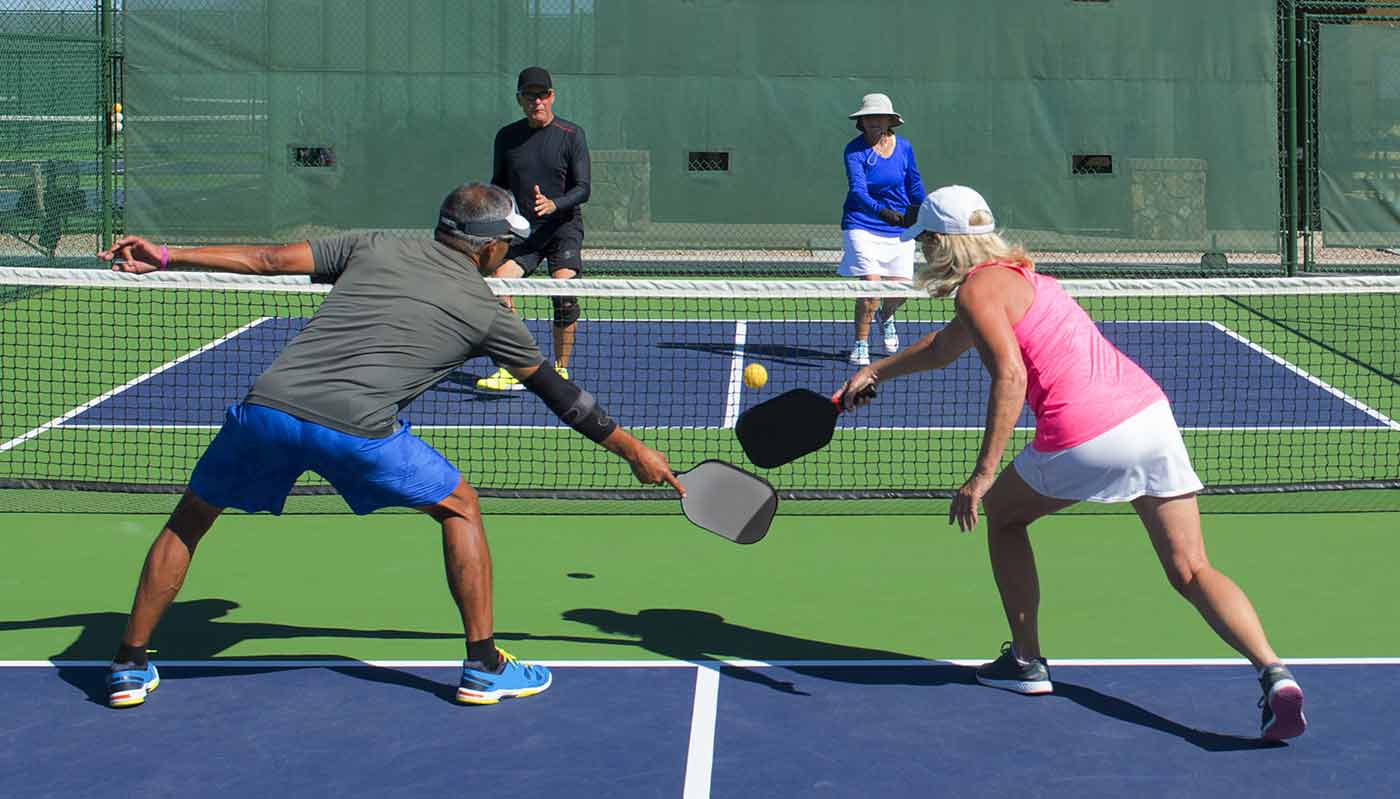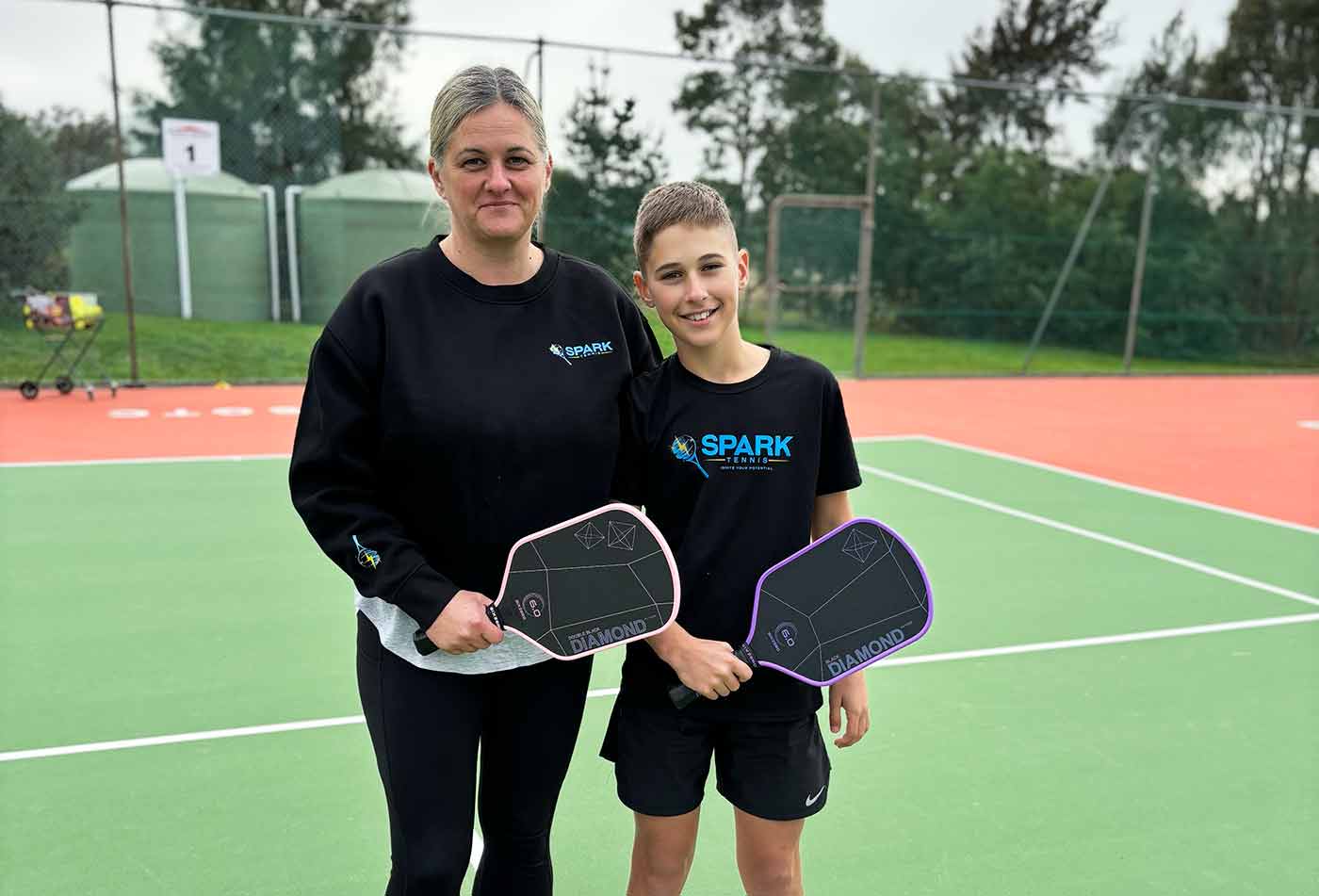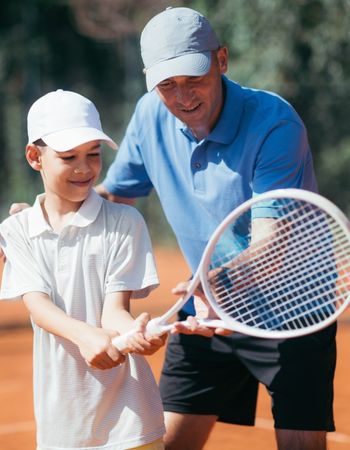Failure is an interesting topic. It’s one of those topics we tend to avoid and whilst failure is not something we want our children to face, it is inevitable that at some stage it will happen. Especially in tennis. As parents, we always want to protect our children, it’s part of the role we play. Protecting children from failure, however, can negatively impact their development.
Children need to be able to fail to learn how to improve, adapt and overcome obstacles and as parents, there is no way to protect them forever. Shielding children from failure from an early age leads to a lack of ability to cope with challenges later in life, when their parents aren’t there to help them anymore. That’s why sport is such a great way to learn how to lose, because it will happen at some stage and how we deal with it as parents, coaches and mentors, is what matters most. It’s the job of the parents and coaches to help teach children the lessons that go along with losing.
Research conducted by leading psychologists in this field indicates that focusing praise on effort, rather than praising the child personally leads to greater levels of confidence for the child and higher levels of self-esteem.
As parents and coaches, focusing praise on things the child did right in particular, such as how hard they tried or if they had improved from their last effort helps children to understand how they can change results through hard work rather than natural ability. Which ultimately teaches valuable life skills like we mentioned in our last post.
4 things to teach children about failure:
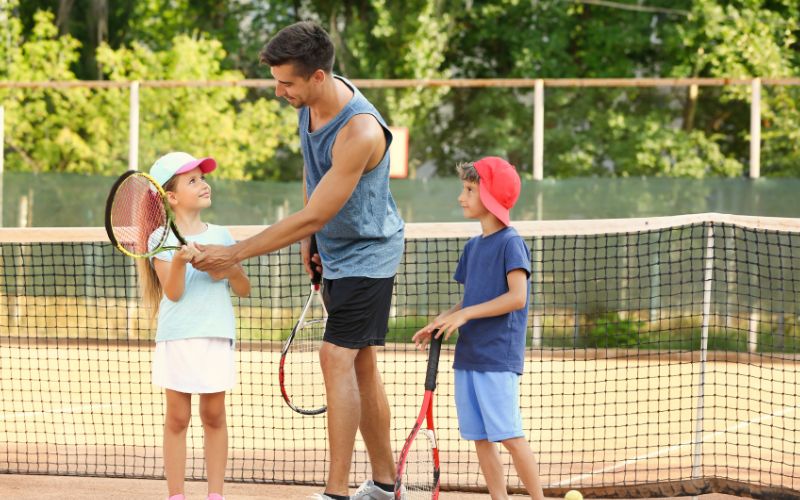
Growth Mindset
Fostering a growth mindset plays a huge role in overcoming any losses or setbacks. Teaching this to our students has always been our first priority. Once they have self-reflected with the help of a coach or parent, it’s important to ask yourself questions like “What can I learn from this experience? What would I do differently next time?”
Accountability
Teaching our students that there are certain things in our control and other things outside of our control. Don’t focus on what you can’t control. One example of something in our control is effort and being able to adapt to whatever may come your way. Sending this positive message to your children will help them move on from losses faster and get back to doing things they can control, like how hard they choose to work.
Experience

As we’ve mentioned, learning to deal with losses play’s a huge part in sport and overall development. Without being able to experience what this feels like, it would make it impossible to learn healthy coping strategies to use. It’s something we all go through and as we get more experienced, we get better with bouncing back quicker and moving on which will help children believe in themselves more and want to try new things.
Resilience
This is a very important factor. When we’re coaching, we like to use the saying “stretching your comfort zone” because that’s what learning from losses and mistakes will look like. It won’t be easy the first couple of times, but as time goes on, I have no doubt that your child will handle pressure situations better not only on the tennis court, but also off the court.
There are many more valuable lessons that we can teach children about failure, but these are some of our favourite that we implement into our coaching program. What’s most important here is that we sit down with our students or children, and talk through these things in a way that’s positive and nurturing which will help overall development.
Are you interested in your children doing tennis with us?
We offer one free trial lesson for everyone who is new to our program so they can see what tennis is really about! We would love to work with you!
Click below to sign up for a free trial lesson!

